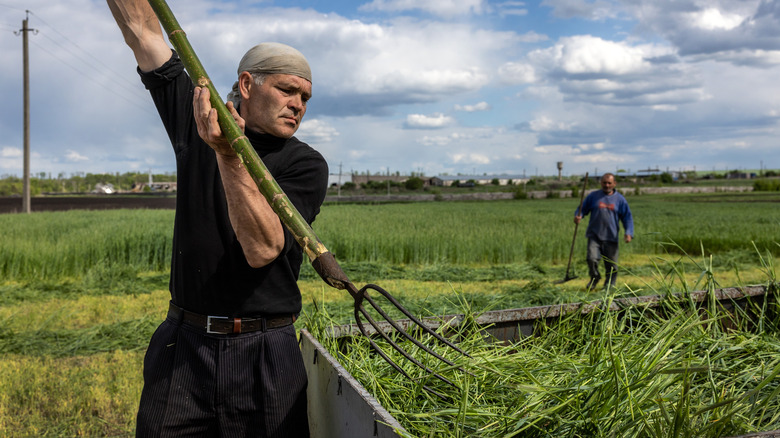The UN Has Positive News About World Food Prices
Much has been written in recent years about rising food costs both at home — such as this Forbes piece analyzing data from the Consumer Price Index — and abroad, according to Deloitte. And just this month, the International Monetary Fund published an interview with the United Nations Food and Agricultural Organization (FAO) Chief Economist Maximo Torero Cullen, who outlined a grave scenario unfolding around the world as wheat and fertilizer shortages, disrupted supply chains, and high fuel prices put the squeeze on already struggling nations.
Even so, not all of the news surrounding the global food supply is doom and gloom. An upcoming meeting of the World Union of Wholesale Markets aims to "find pathways to provide communities with balanced, healthy and nutritious diets, and to overcome the current challenges restricting access for a significant proportion of the global population," according to a press release from Zawya.
The FAO has also released some promising data that could spell relief for those most in need around the world.
Gradual decline
As Reuters reports, the FAO's global price index, which tracks globally-traded commodities in the food industry, has fallen for the fifth straight month, from 140.7 points in July to 138 points in August. The index hit a record high in March at 159.7, predicated largely by the Russian invasion of Ukraine and the disruption caused to the major food exporting nation and its ports.
The reopening of many of those ports, says the FAO, is a large part of the reason the price index has been falling. Coupled with that has been a strong wheat harvest in the northern hemisphere, notes the University of Illinois' Farm Policy News, but that could be tempered in coming years by lackluster harvests due to the ongoing fertilizer shortage and its effects on crop yield.
How might the global food system be made more resilient and sustainable? In a commentary in Pensions & Investments magazine, David Sheasby puts forward that it is up to the asset management industry and banking sector to incentivize innovations that "improve crop production, develop alternative proteins and build supply-chain resilience."

